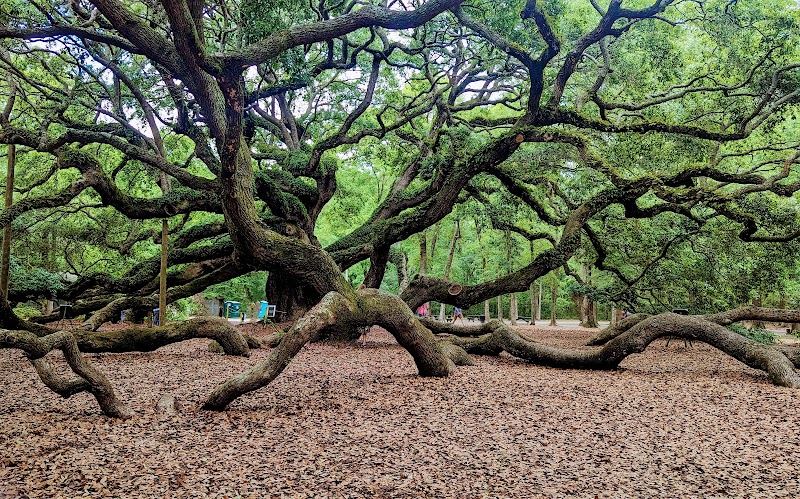
Ace Basin National Wildlife Refuge Adventures
Ace Basin National Wildlife Refuge is a significant conservation area in South Carolina, known for its diverse ecosystems and abundant wildlife, offering visitors superb opportunities for outdoor recreation and wildlife watching.
About Ace Basin National Wildlife Refuge

Located in the heart of South Carolina, Ace Basin National Wildlife Refuge spans a substantial area aimed at conserving the unique ecosystems where the Ashepoo, Combahee, and Edisto Rivers converge. The refuge is home to a variety of habitats, including salt marshes, hardwood swamps, and freshwater tidal marshes. This diverse environment supports an abundance of wildlife, such as alligators, bobcats, and over 265 bird species, drawing birdwatchers and nature enthusiasts. Established to protect these crucial habitats, Ace Basin is also a site of historical significance, reflecting the culture and livelihoods of past and present inhabitants. Key recreational activities include birdwatching, kayaking, and hiking through the picturesque landscapes. Notable spots, such as the Grove Plantation House, offer glimpses into the area's historical tapestry. Visitors are encouraged to traverse the scenic trails where the interplay of land and water forms a mosaic of natural wonder. The refuge serves not just as a haven for protected species, but also as an escape for humans seeking serenity and a connection to the natural environment.
Highlights
Grove Plantation House, providing historical insights and a beautiful backdrop.
Excellent opportunities for birdwatching with a focus on migratory waterfowl.
Kayaking along the serene waterways offers a unique perspective of the refuge's ecosystems.
Horse Island Trail, known for its scenic vistas and wildlife viewing.
Notable Natural Features
Grove Plantation House
A historic site within the refuge, representing the area's cultural heritage.
Old Rice Fields
Remnants of historic rice plantations that now serve as vital wildlife habitats.
Salt Marshes
Extensive salt marsh areas that support diverse ecosystems and numerous bird species.
